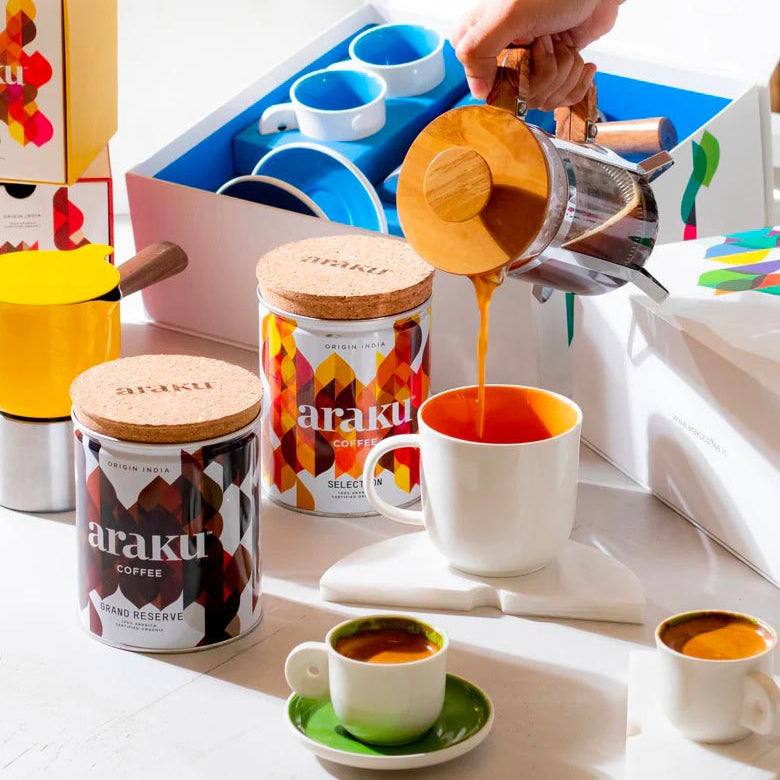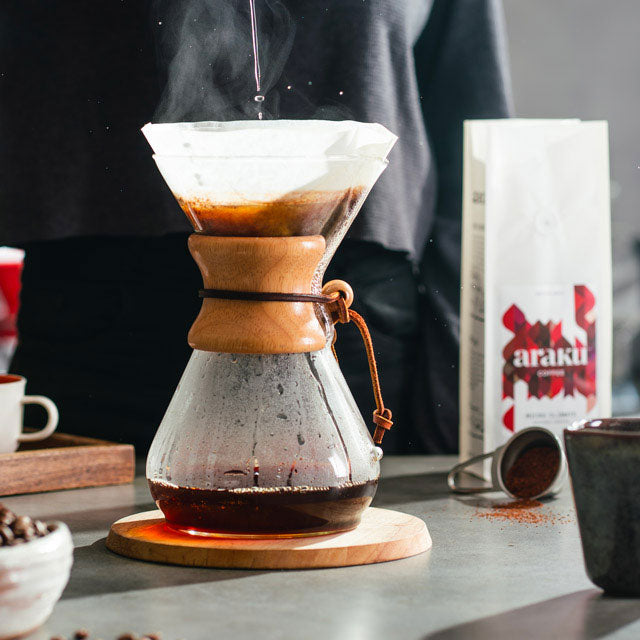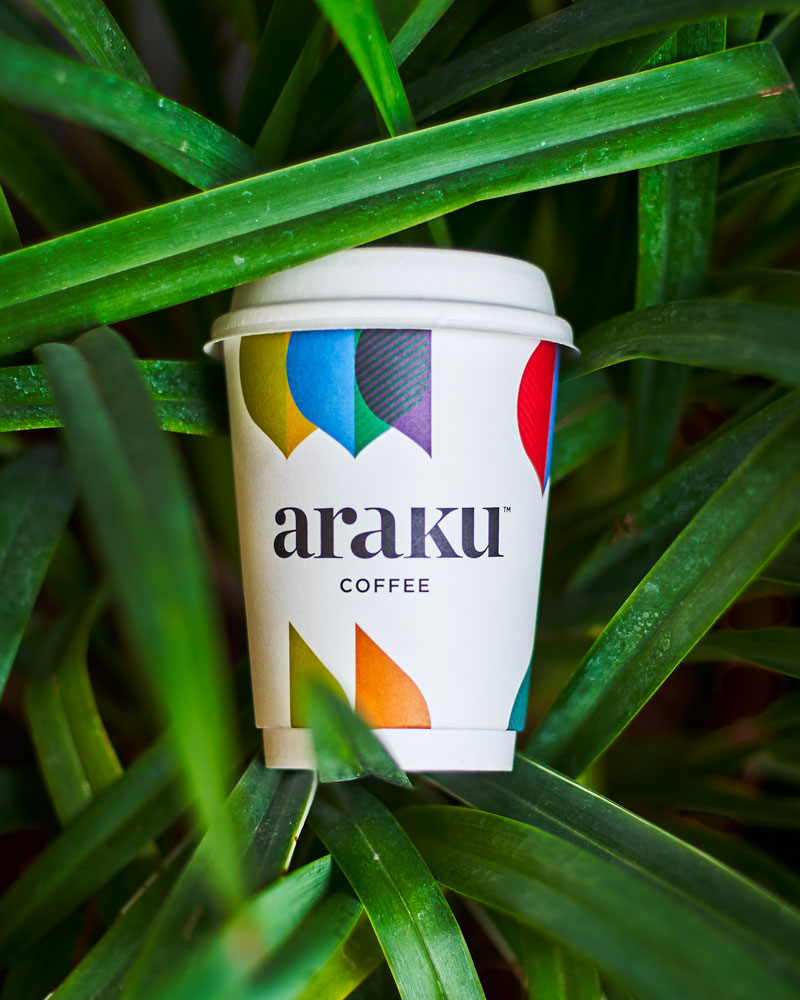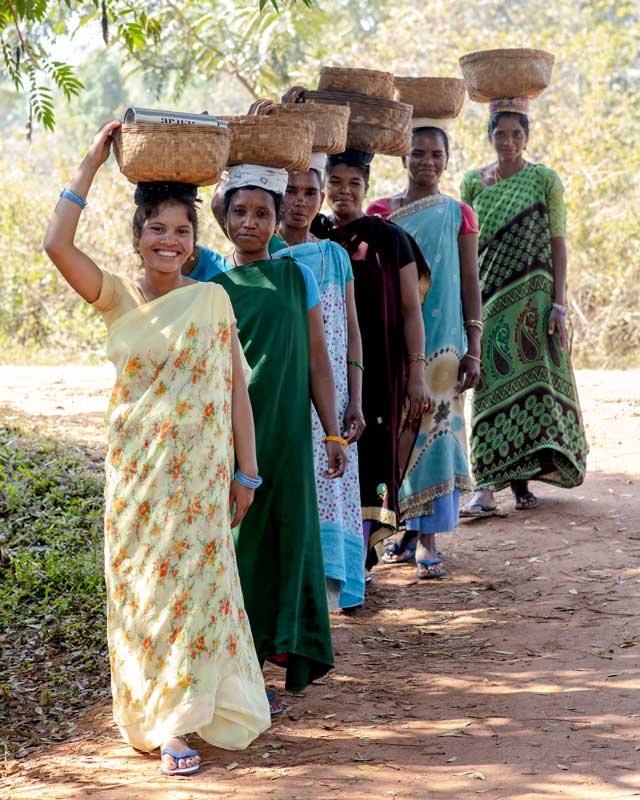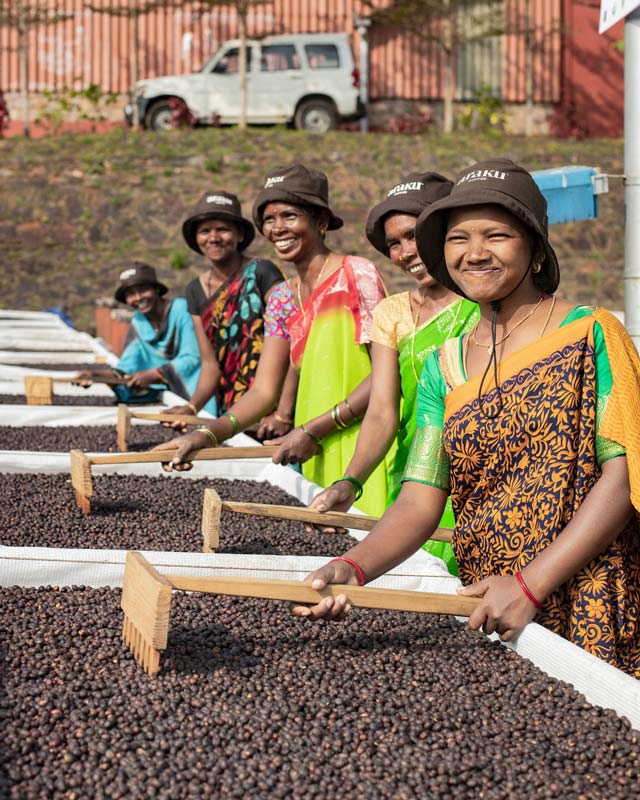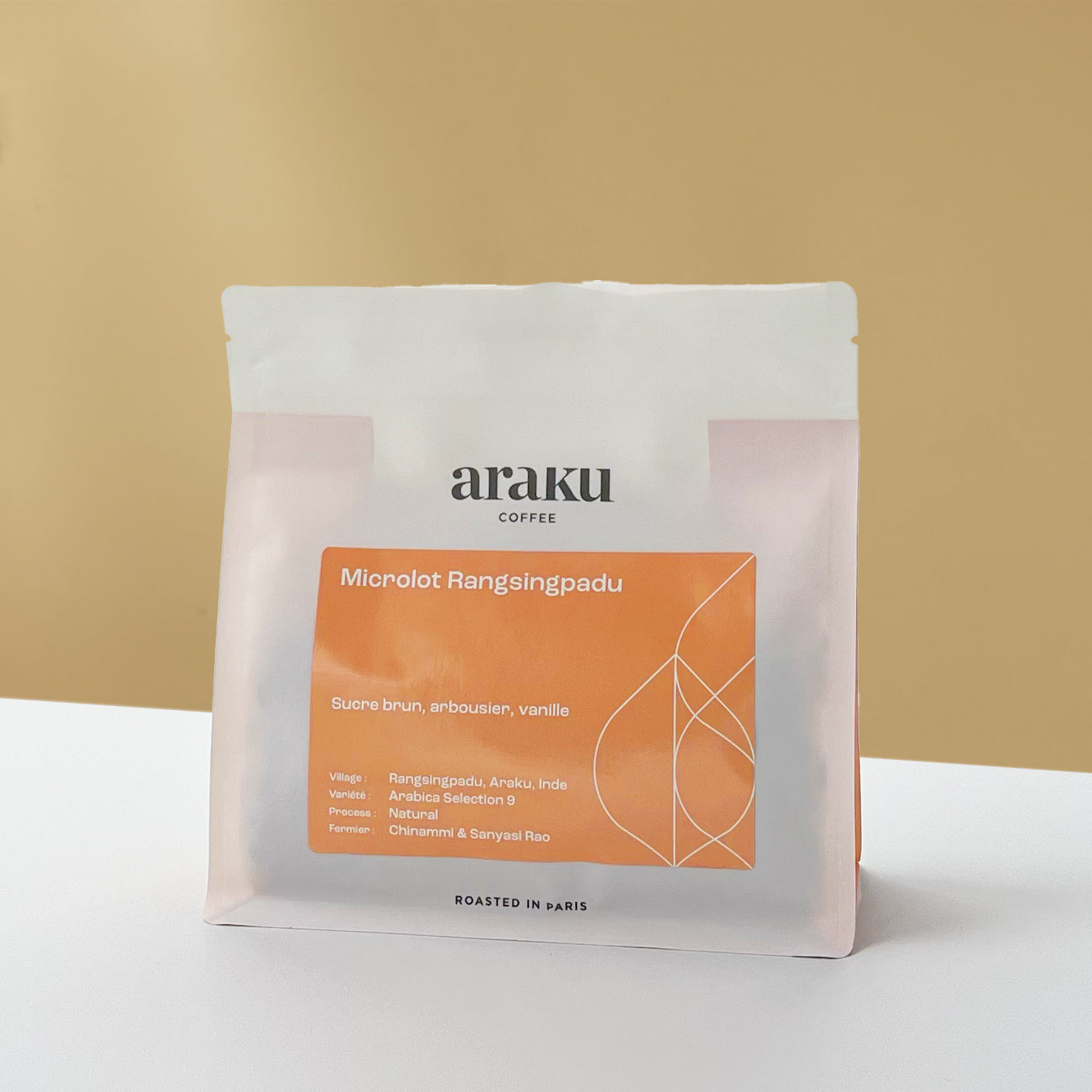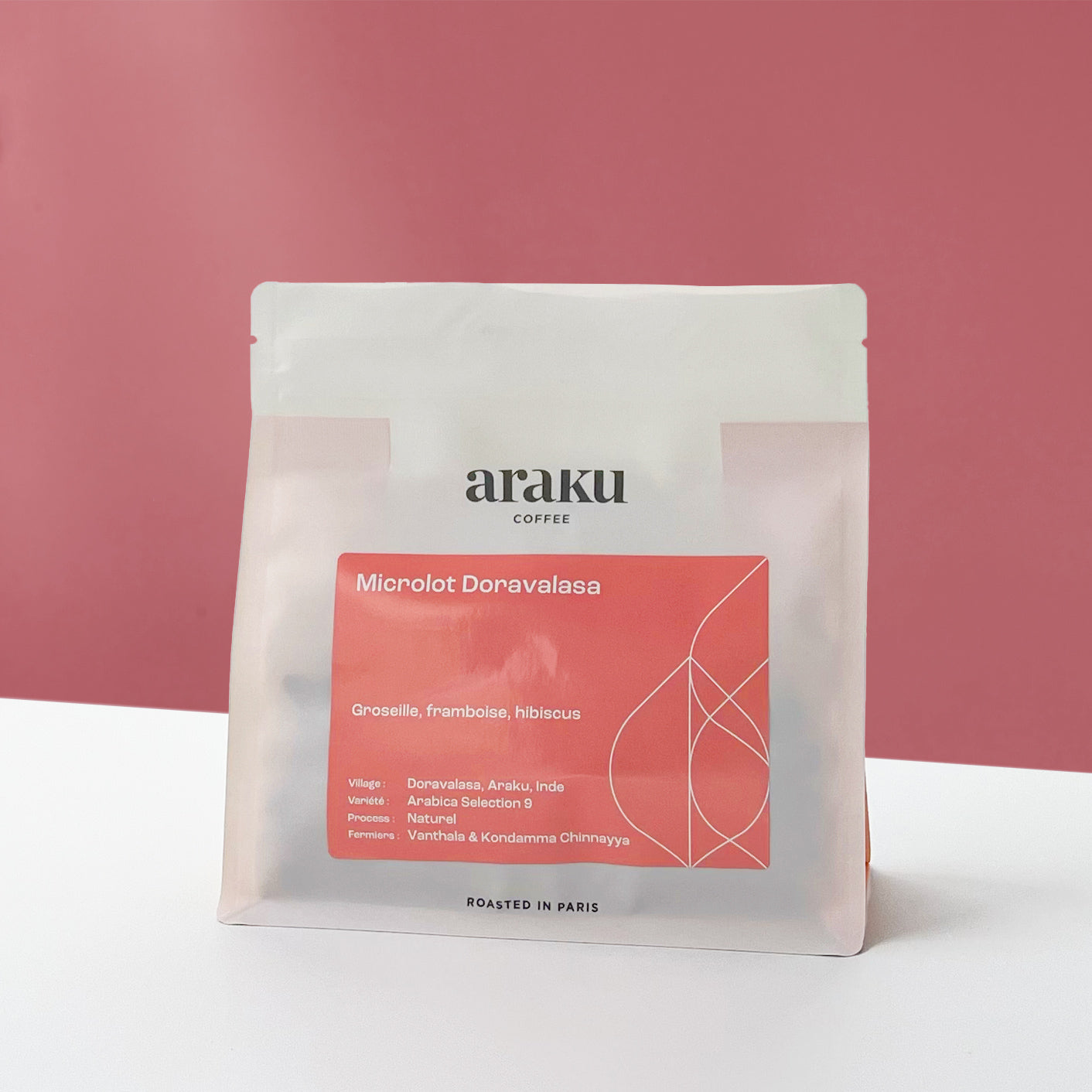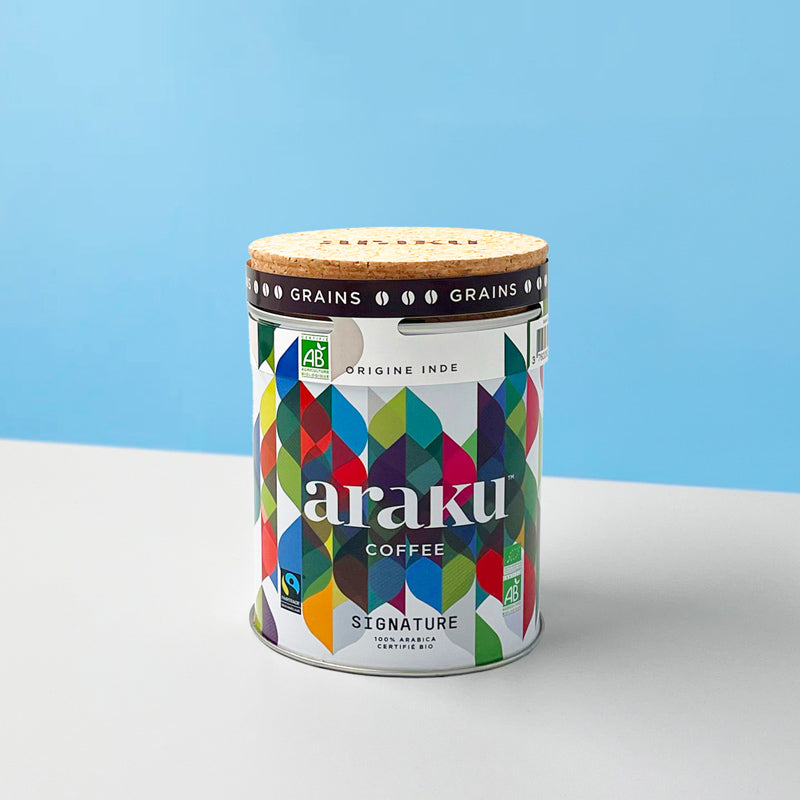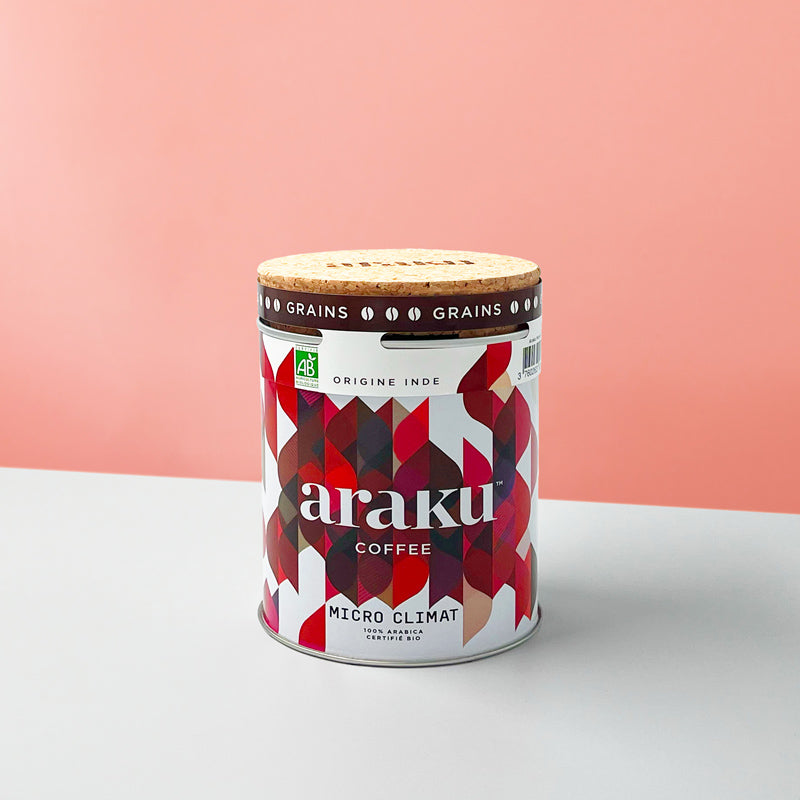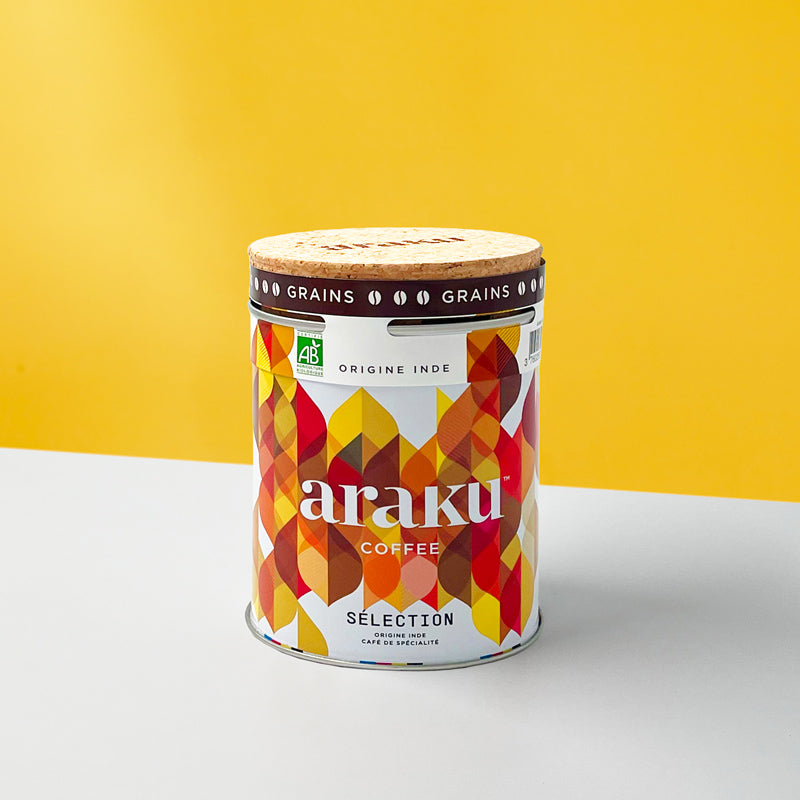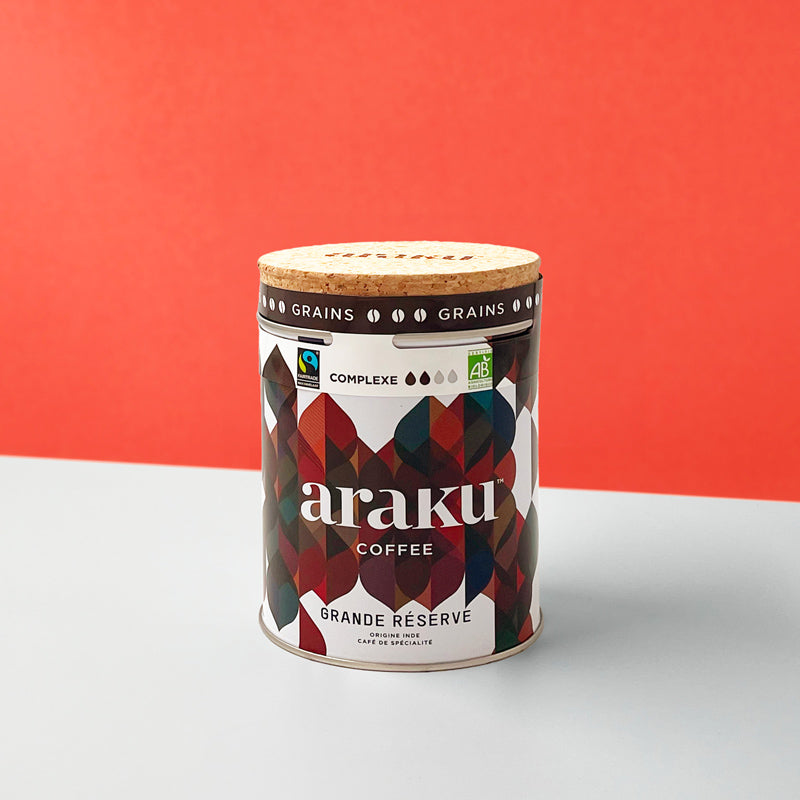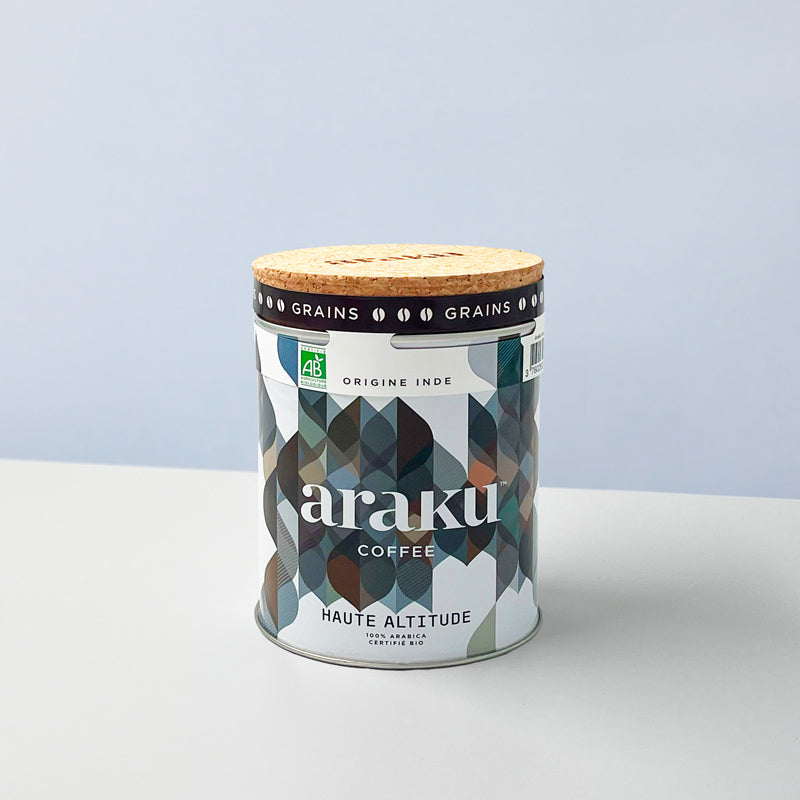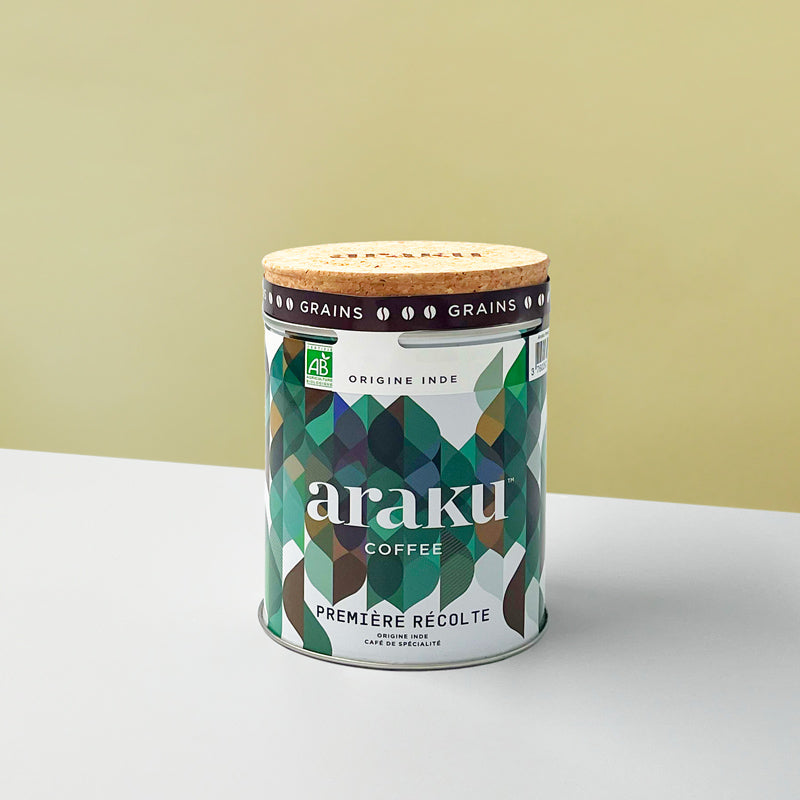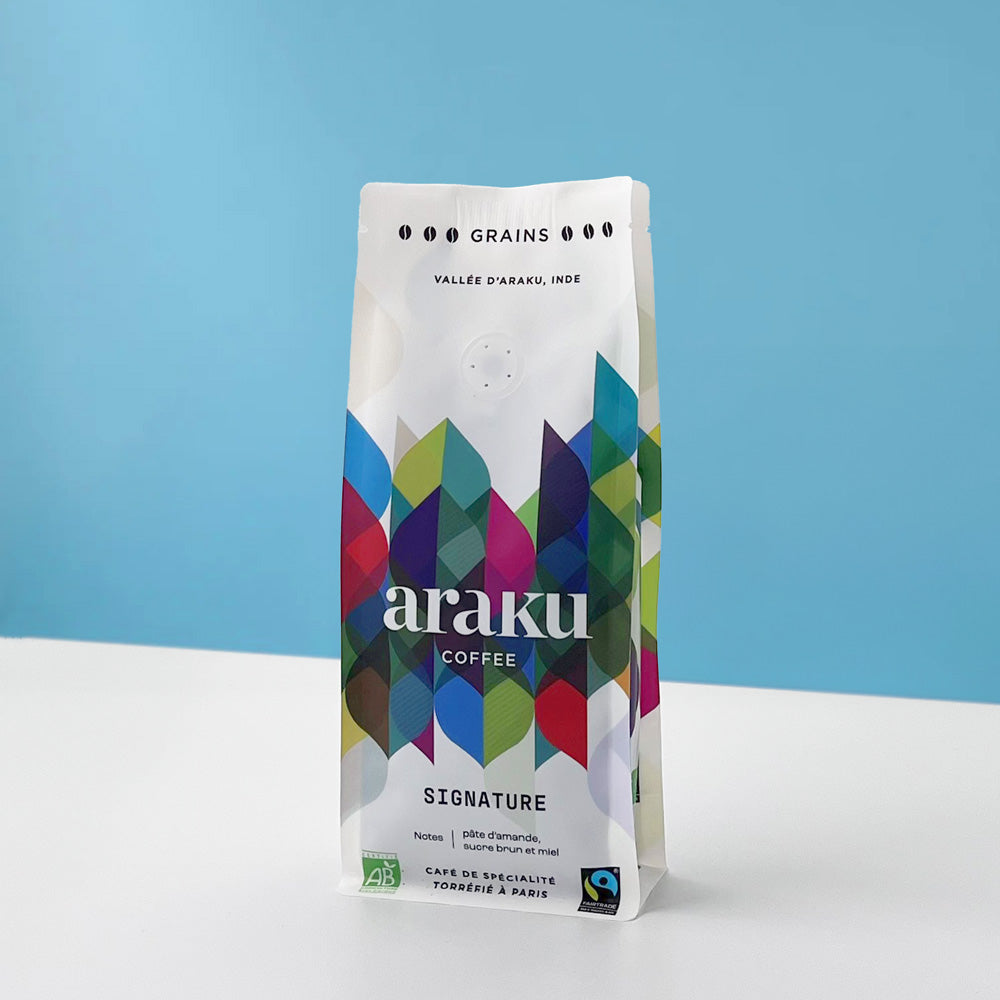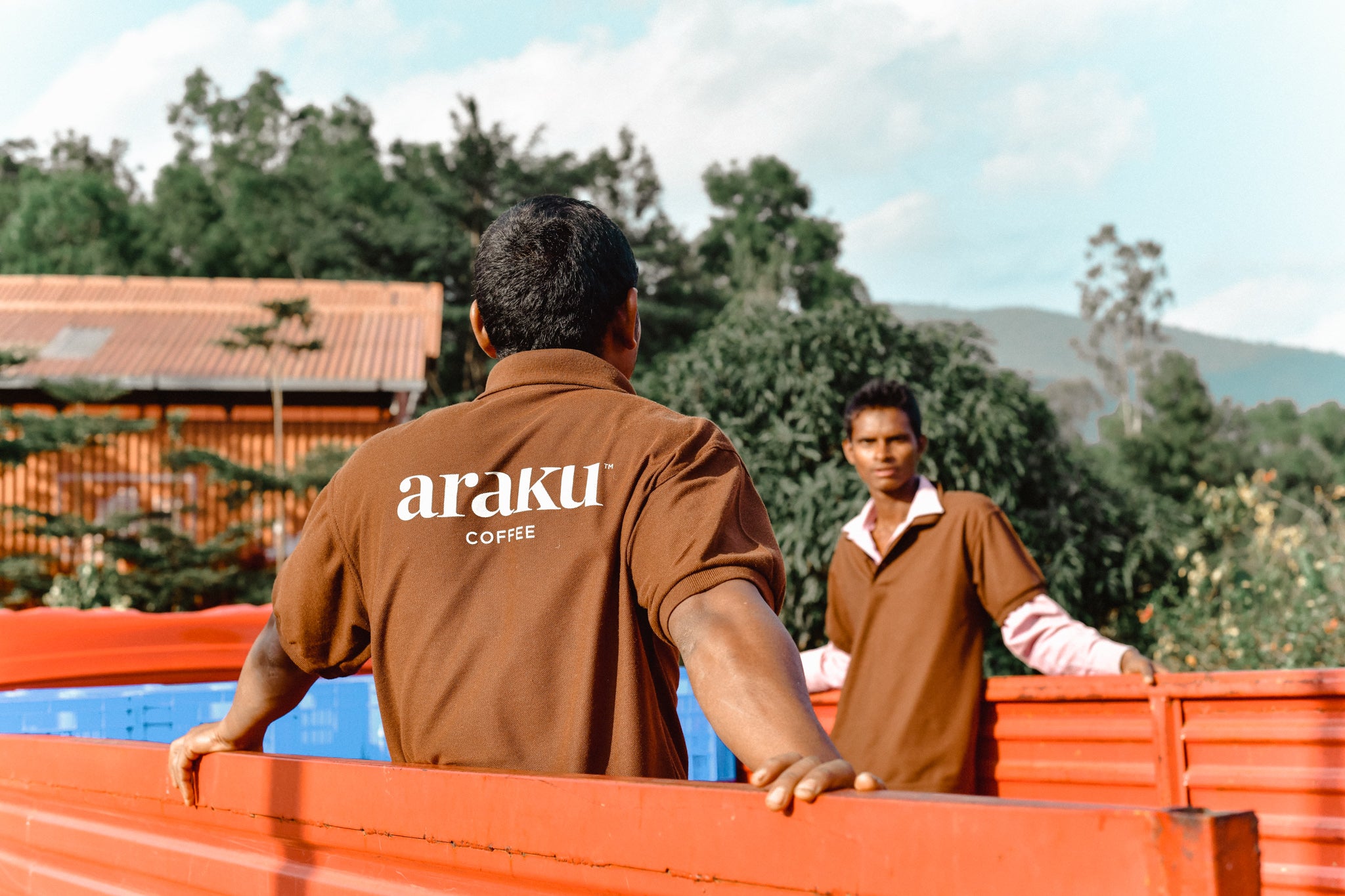1. The type of grain
To justify the aromas and quality of a specialty coffee, we must first go back to the source: the variety of the bean. Unlike commercial coffee, specialty coffee is based on Arabica plantations, beans known for their broader range of flavors and a less robust degree of bitterness. The mention “ 100% Arabica ” is then synonymous with a more authentic taste.
Conversely, commercial instant coffee is often a combination of two types of beans: arabica and robusta. The latter has the advantage of being more resistant to bad weather, but its bitterness is much stronger. A 100% robusta commercial coffee is more of a useful coffee than a palatable coffee.
2. The origin of grains
The region in which the specialty coffee is grown can say a lot about the taste of the beans. Depending on climatic conditions, humidity, altitude or soil quality, the acidity and flavors of coffee beans can vary. In fact, specialty coffee producers are more transparent about the different stages of the chain and offer better product traceability.
Conversely, commercial coffee is often made from blends from different regions. The beans may be of lower quality and are not necessarily grown in ideal conditions.
3. Production costs
For its part, specialty coffee is more expensive to produce. Grown without chemicals and harvested by hand, specialty coffee beans require significantly more human attention than usage, which costs more in labor. The artisanal processing and transport stages are also designed to preserve the quality of the beans all the way to the consumer. The production chain is more expensive while crop yields are relatively low.
For more “mainstream” cafes, it’s almost often the opposite. Typically, harvesting is less rigorous and often machine-assisted. Grains are not pampered in detail, they are treated like commodities and are traded wholesale on the financial markets. The consumer benefits from a cheaper product, but of lower quality.
4. Harvesting and grain selection methods
To harvest a specialty coffee or a commercial coffee, we do not go about it in the same way. On the specialty coffee side, hand picking is essential to select the best berries and avoid the after-effects of mechanical harvesting. Manual picking takes more time but allows for much more precise quality control.
If the machines are used more for commercial coffee, it is because they make it possible to speed up the harvest by avoiding excessive expenditure on labor. Behind the scenes ? Sometimes unfair working conditions, agricultural work that is not respectful of sustainable development and poor quality control.

